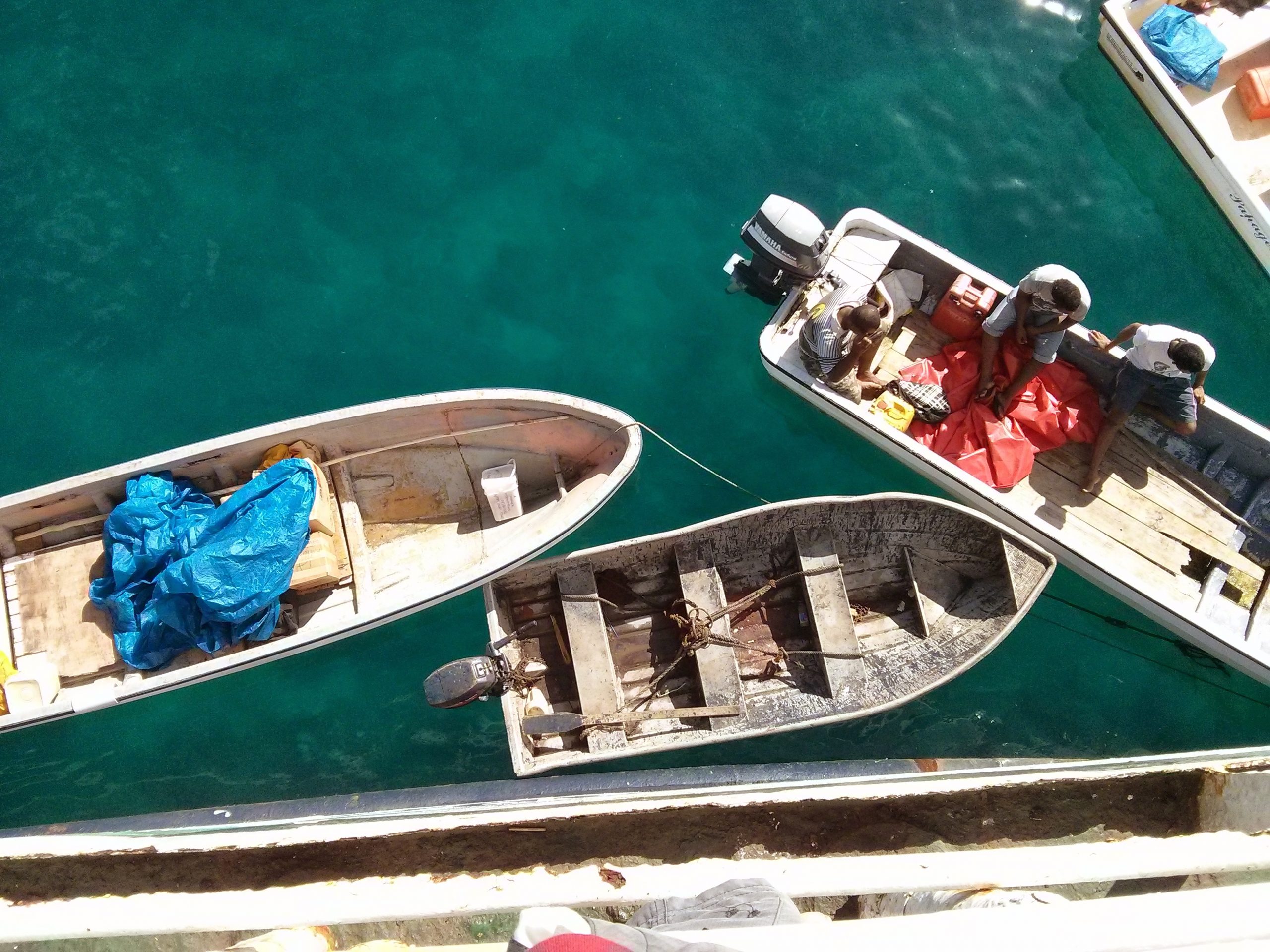By Samisoni Pareti
For Pacific island members of the World Trade Organisation, the cancellation of the WTO’s 12th Ministerial Conference in late November due to the spread of the Omicron variant was God-sent.
Given the way the text of the proposed agreement on banning fishery subsidies was being pushed before the ministerial that was to be held at the WTO headquarters in Geneva from 30 November to 3 December, there was little enthusiasm on the parts of Fiji, Papua New Guinea, Samoa, Solomon Islands, Tonga and Vanuatu to sign on the dotted line . . .
Please Subscribe to view full content...
